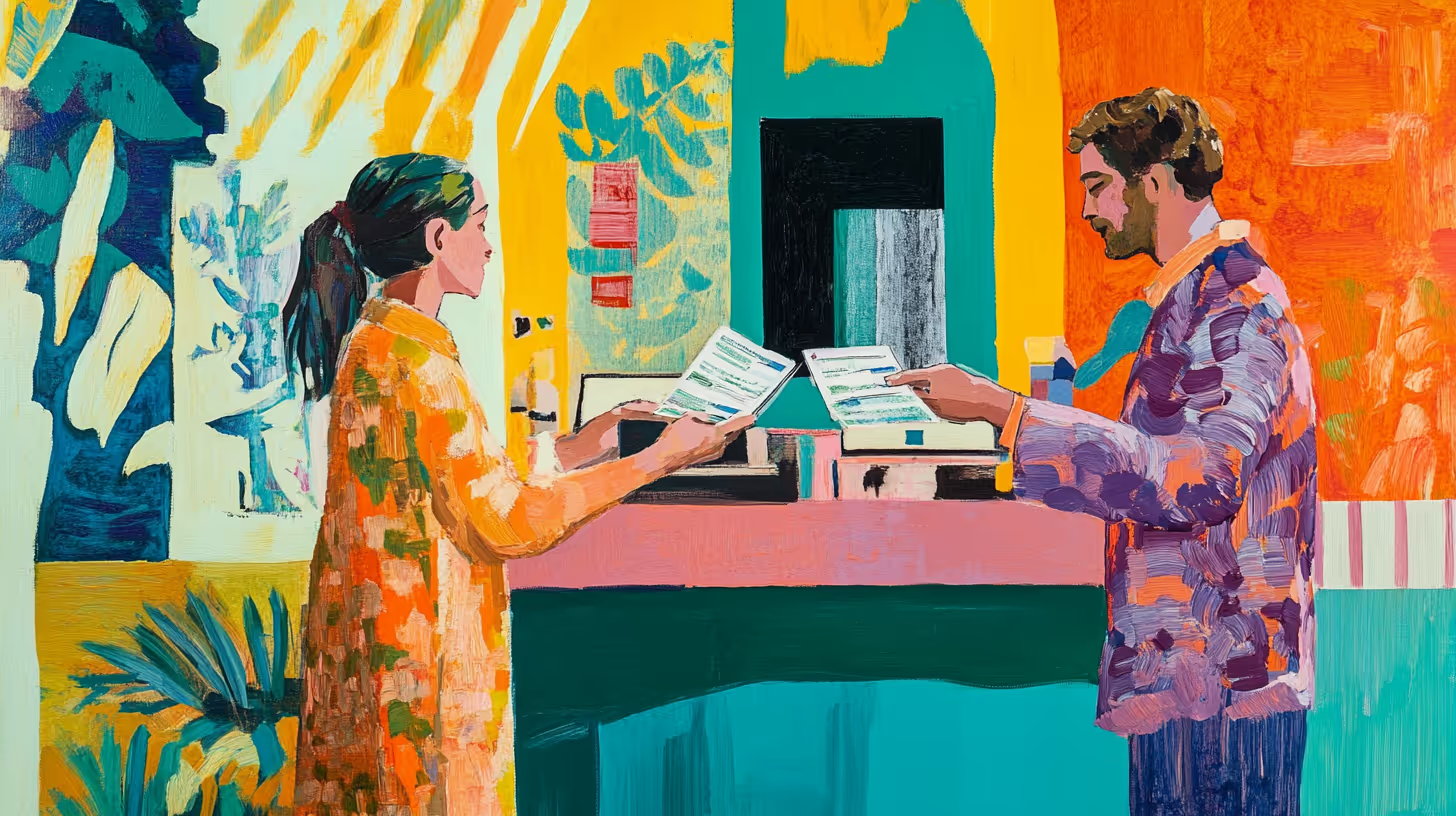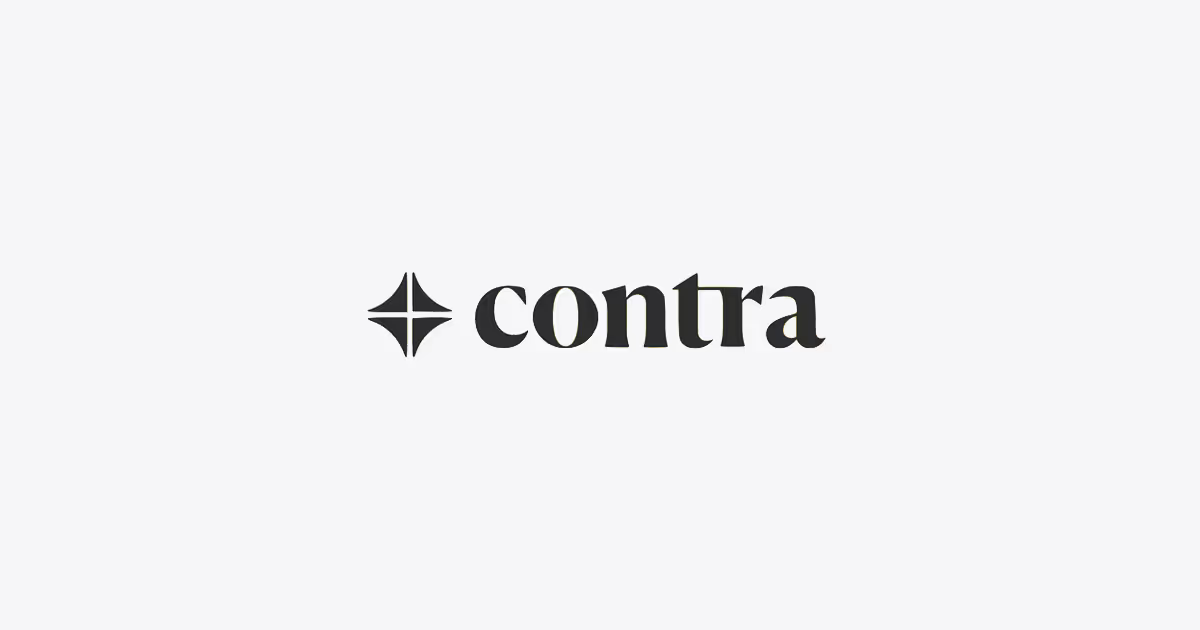As a freelancer, managing your cash flow can be one of the most challenging aspects of running your business. Unlike traditional employees who receive regular, predictable paychecks, freelancers often face delays in payment or inconsistent revenue.
To reduce these challenges, many freelancers offer upfront payments. This blog post will explore what upfront payments are, why they are beneficial for freelancers, and how platforms like Ruul can support you in ensuring a smooth and reliable payment process.
What Are Upfront Payments?
Upfront payments are payments a client makes before any work starts. This is common in freelance jobs like design, writing, programming, and consulting. An upfront payment is like a deposit or part of the total price. The amount usually depends on the size of the project and is often a percentage of the full price.
For freelancers, asking for an upfront payment helps protect them from not getting paid and lowers the risk of financial loss. Without this, freelancers may face clients who delay or avoid payment after the work is done.
Why Are Upfront Payments Important for Freelancers?
Cash Flow Management
For freelancers, money can be hard to predict, especially when starting out. Upfront payments help by giving some money before the work starts. This is helpful when working on big projects or long-term jobs that take weeks or months to finish.
Security and Trust
Upfront payments show the client is serious about the project and values your skills. It protects you from clients who might cancel the project or not pay after the work is done.
Time Management
Getting some payment upfront lets you focus on the work without worrying about delays. It helps you plan your time better and finish the project without stress about getting paid.
Encourages Professionalism
Asking for upfront payments shows you value your time and skills. It also helps set a professional tone and encourages clients to pay on time and respect your work.
How to Request Upfront Payments as a Freelancer
When it comes to requesting upfront payments, clear communication is key. Here are some steps to help you navigate the process:
Clear Communication
Talk to your client about payment terms before starting the project. Explain your pricing and why you need upfront payments. Agree on an amount (usually 20-50% of the total cost) and include it in the contract to avoid confusion.
Offer Payment Options
Make it easy for clients by offering different payment methods like bank transfers, digital wallets, or credit cards. This increases the chances they’ll agree to your terms.
Use a Reliable Payment Platform
Freelancers can make the payment process smoother by using a reliable platform that supports upfront payments. Ruul’s early payment platform, for example, allows freelancers to receive payments faster by providing early access to funds. This platform ensures that your hard-earned money is quickly processed and deposited, reducing the waiting time for payment.
Use Payment Milestones
For big projects, break payments into stages. For example, get the first payment at the start, the second halfway through, and the final payment when the work is done. This helps clients feel secure and ensures you get paid along the way.
Offer Upfront Discounts
Give clients a small discount if they pay the full amount upfront. This motivates them to pay early and lets you secure more money before starting.
Get Benefit From Ruul While Requesting Upfront Payments
While requesting upfront payments is an essential practice for freelancers, ensuring that payments are processed efficiently is just as important. Using payment platforms like Ruul can streamline the payment process and ensure that you receive your payments on time.
Ruul’s early payment feature offers freelancers the flexibility to receive their earnings faster. With the ability to access your payment in advance, Ruul provides a reliable solution for managing your cash flow and ensuring that your business runs smoothly.
If you work internationally or have clients in different countries, Ruul’s global invoicing feature can simplify the process of sending invoices and receiving payments in multiple currencies. This is especially useful if you’re working with clients across borders and want to avoid the complexities of traditional bank transfers.
For freelancers who want to maximize their savings and reduce tax liabilities, Ruul also provides useful tools and tips to help you manage your finances effectively. You can find helpful resources such as tax tips for freelancers that explain how to keep more of your earnings, even after taxes are deducted.
Tax Implications of Upfront Payments
While upfront payments are beneficial for freelancers, it’s important to understand the tax implications. In some regions, receiving a large sum upfront can have an impact on how you report your income. For freelancers working in Turkey, for example, understanding Turkey taxes for freelancers is important in managing your finances. Freelancers in Turkey must report their income and pay taxes accordingly, and upfront payments are typically taxed in the period they are received.
To stay compliant with local tax regulations, it’s important to work with an accountant or tax professional who understands the specific tax rules for freelancers in your country. Platforms like Ruul can help ensure that your payments are processed in a timely and transparent manner, making it easier for you to manage your income and taxes effectively.
Ruul’s early payment platform is a great way to take control of your financial situation. Freelancers who often experience delayed payments can benefit from the platform’s ability to accelerate payment timelines. With this service, you can access your earnings sooner, which can significantly improve cash flow and reduce the stress of waiting for payments.




.avif)





